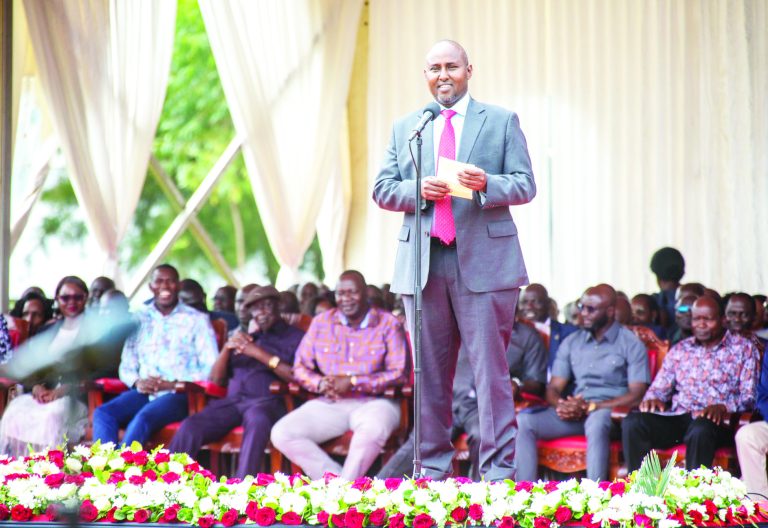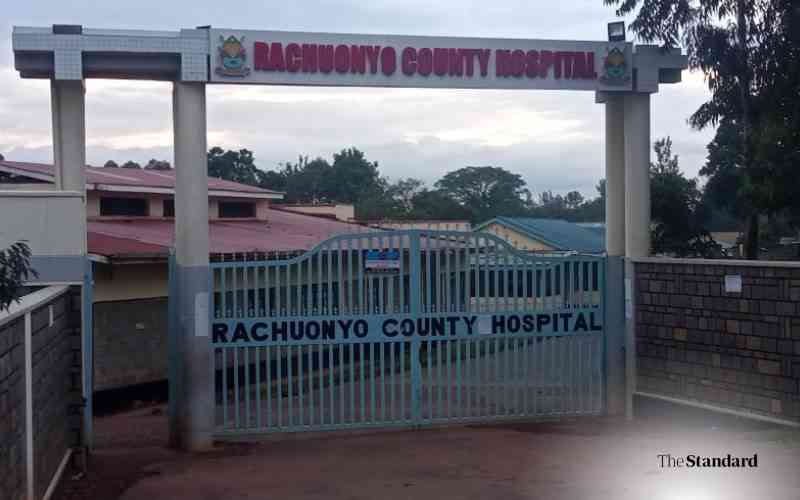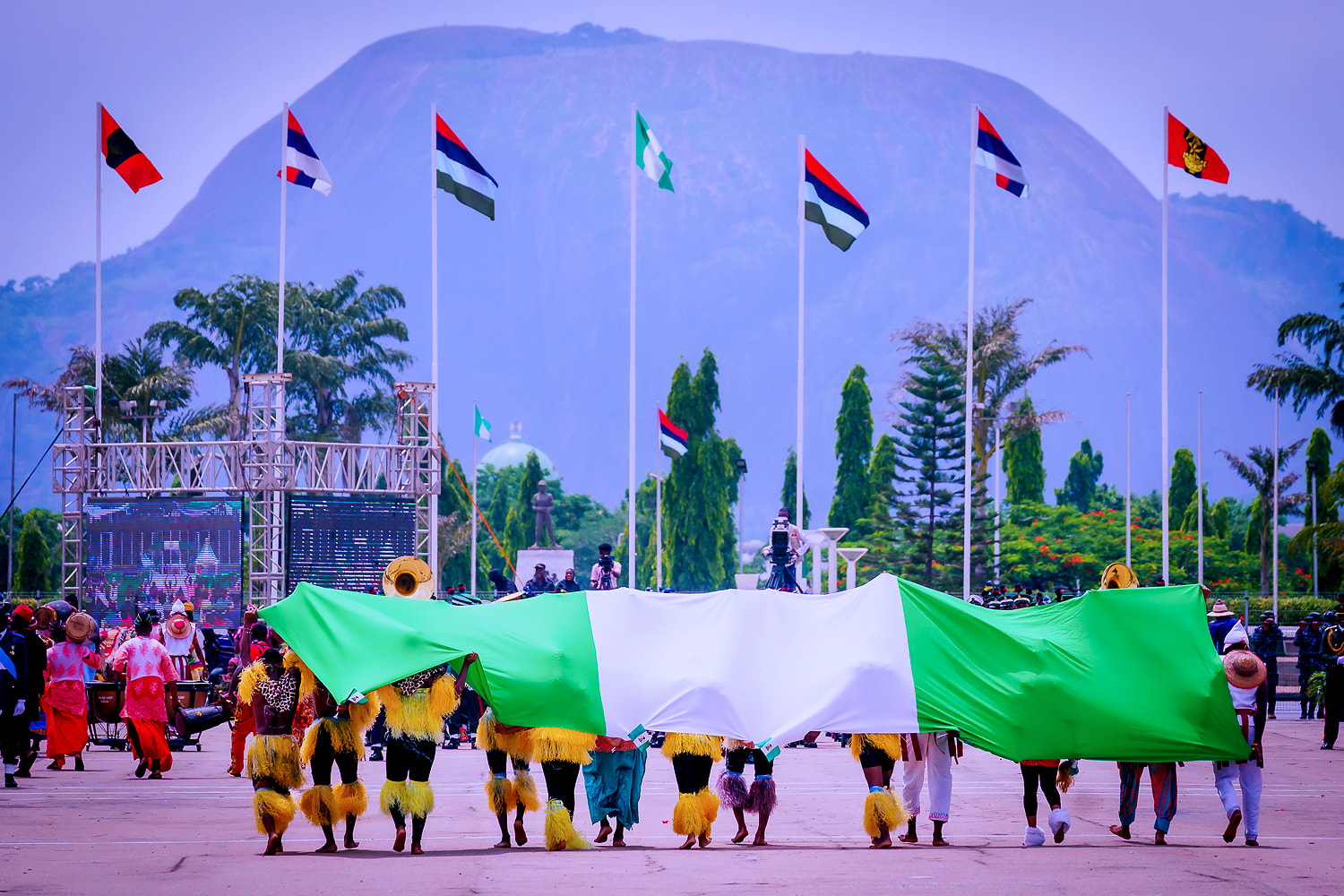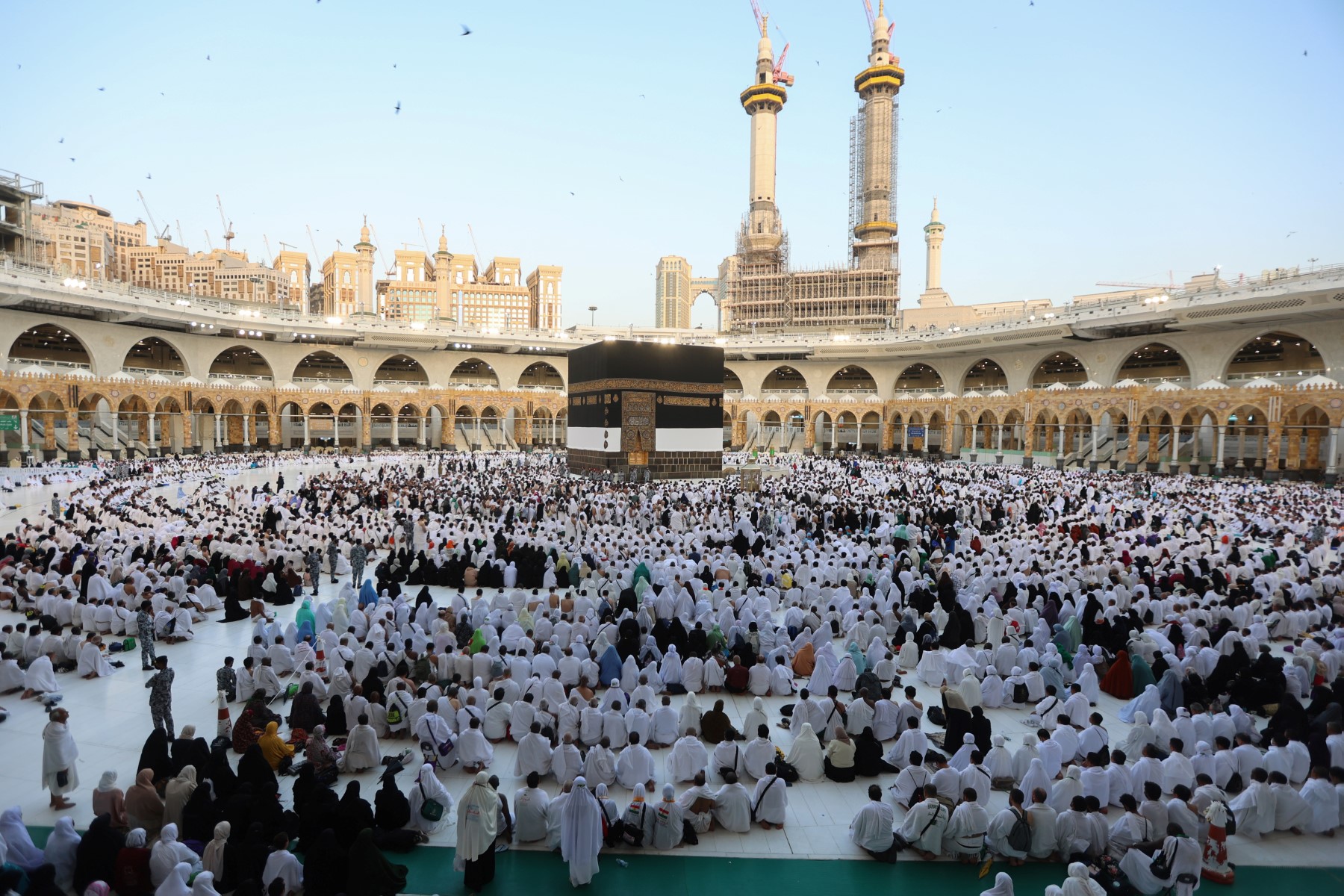Calls for Kenyan Deputy President Gachagua's Arrest Over Incitement Allegations

Former Deputy President Rigathi Gachagua has ignited a significant political controversy in Kenya following his stark warnings that the 2027 General Elections could be marred by violence exceeding the severity of the 2007 post-election unrest. These alarming pronouncements have drawn widespread condemnation from various quarters.
In an immediate and forceful reaction, Members of Parliament from across the political spectrum have intensified calls for Gachagua's arrest. They accuse the former deputy president of making inciteful and dangerous statements that threaten to destabilize the nation and reignite ethnic tensions.
The epicenter of this parliamentary rebuke was a session held on Tuesday, May 8, as legislators returned from a month-long recess. The debate was largely triggered by an adjournment motion meticulously moved by Minority Whip Junet Mohamed, who framed Gachagua's remarks as a direct threat capable of plunging Kenya back into the dark days of ethnic conflict.
Leading the charge, National Assembly Minority Leader Junet Mohamed accused Gachagua of deliberately fueling ethnic tensions and actively undermining national unity. "It is a very sad thing to have someone who served as Deputy President incite people to violence," Mohamed stated, further accusing Gachagua of propagating hate and pushing a narrative that invalidates the citizenship of those who disagree with his political stance. He also criticized Gachagua for his remarks concerning Mount Kenya musicians visiting Deputy President Kithure Kindiki.
National Assembly Majority Leader Kimani Ichung’wah echoed these strong sentiments, delivering a scathing condemnation of Gachagua. Ichung’wah particularly denounced Gachagua's alleged comparison of the tragic 2007 violence to a "Christmas party," labeling him as "not just a man with a black heart but with a very dark soul." Ichung’wah also extended his criticism to the country’s security agencies for their perceived failure to take action against Gachagua.
The demand for consequences extended beyond calls for arrest. Rarieda MP Otiende Amollo passionately argued for more robust legal action, suggesting that Parliament should initiate a constitutional petition to formally bar Gachagua from holding any public office in the future. "No one should refer to those events lightly. To do so is dangerous," Amollo asserted, underscoring that institutions like the NCIC were established precisely because of the 2007 violence.
The National Cohesion and Integration Commission (NCIC), which had previously condemned Gachagua’s remarks, also came under fire. Uasin Gishu Woman Representative Gladys Boss Shollei sharply criticized the NCIC for what she termed a failure to take appropriate and timely action, accusing the commission of applying justice selectively. "Why hasn't the former Deputy President been arrested? There must be no double standards," Shollei demanded.
Other Members of Parliament added their voices to the chorus of disapproval. South Mugirango MP Sylvanus Osoro accused Gachagua of intentionally evoking fears of ethnic-based political mobilization and violence solely for his own political gain. Osoro provocatively suggested Gachagua might need a "mental check," coining the term 'village-isis' to describe an alleged narrow, regional focus detrimental to national interests.
Several MPs also drew connections between Gachagua's current conduct and his past. Junet Mohamed reminded the house, "I am glad this House, in its wisdom, impeached him. Now Kenyans understand why. The same man we removed is propagating hate, calling for displacement, and threatening civil conflict." This historical context was presented as further evidence of a pattern of behavior.
However, a dissenting voice emerged amidst the widespread condemnation. Funyula MP Wilberforce Oundo cautioned his colleagues against the calls for Gachagua's arrest, warning that suppressing free speech could inadvertently lead the country towards anarchy. "The danger of killing the messenger is believing that you've killed the message. It's important that we listen -- even if it's the devil speaking," Oundo argued, suggesting Parliament should focus on more pressing matters.
The controversy surrounding Rigathi Gachagua’s statements has undeniably cast a long shadow over Kenya's political landscape, reviving painful memories of past electoral violence. The vehement reactions from Parliament highlight profound concerns about national unity and the potentially devastating impact of inflammatory rhetoric as the country looks towards the 2027 elections, underscoring the delicate balance between freedom of expression and the imperative to maintain peace.










